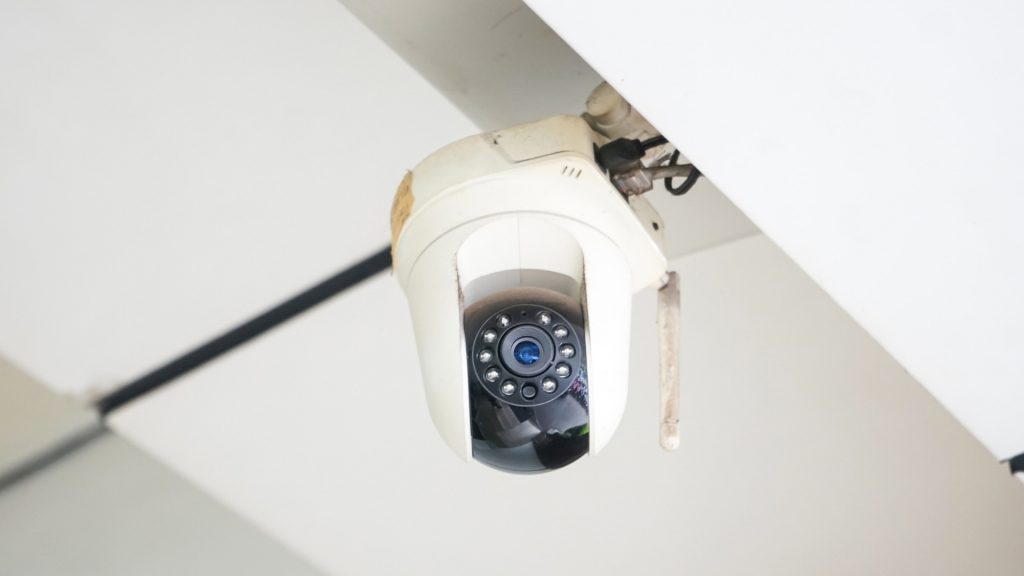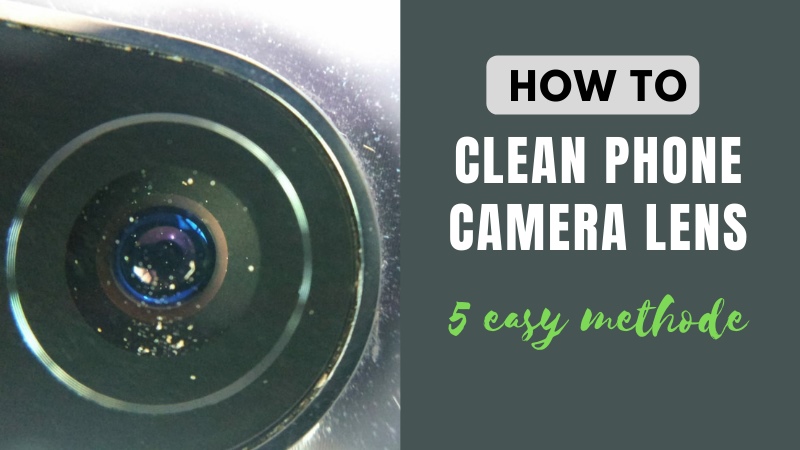Although there are different types and brands of smart Wi-fi cameras out there. It depends on a few factors to provide a fixed answer to the question, and the amount of bandwidth that a Wi-Fi system consumes every day, weekly or monthly.
Well, I can’t answer the question you’ve asked. The matter is truly meaningless. But this is not your fault. 99.9% of the people are asking this question on how much data does a wi-fi camera use?

When someone asks this question, it is usually meant to ask either of these two questions. How much bandwidth is used by (or by a wired security camera) a Wi-Fi safety camera? How often does a security camera use storage?
Of course, not one or the other of these questions can be replied to in common. If a Cloud Camera is being discussed, probably it’s 720p, perhaps 1080p, but some more. They only record typically when movement occurs. Thus they use very little bandwidth or storage. But it depends on how much you do for that camera.
It will take a lot more storage and bandwidth if you talk about an 8-megapixel camera recording all the time. This is more likely to be recorded locally than Wi-Fi and is more likely to be hardwired.
However, the amount of it will also depend on the frame rate, the image quality, and the compression system. And you want to save the video for how long. I want the best picture quality, myself. If I put in such a camera, I will sacrifice the frame rate.
A wi-fi security camera’s data depends on some factor. Let’s discuss those factors below.
1. Camera’s Resolution
The minimum resolution of the Smart Home Wi-Fi camera usually stands at 1080p for decent footage and recording quality. Models with higher resolution, but the higher the image and video quality they record, the more data they use.
2. Frame Rate Per Second (FPS)
The minimum resolution of the Smart Home Wi-Fi camera usually stands at 1080p for decent footage and recording quality. Models with higher resolution, but the higher the image and video quality they record, the more data they use. This refers to the way a camera shows frames in a single second.
While 5fps is streaming cameras, models can reach as high as 60fps. The frame rate refers to the frequency of displaying images (frames) per second. As high as the fps of your Wi-fi cameras, your videos become clearer and more fluid, which results in greater data consumption.
3. Camera Features
Wi-fi cameras generally have different device capabilities. But the more sophisticated the capabilities of your home Wi-fi cell are (such as two-way audio, alarms, motion detectors, etc.) as well as more information is used. The number of features you activate and actively use also determines the consumption of bandwidth.
4. Number of Cameras ( For Home Security System)
That’s pretty simple as well. If you have cameras at your front door, at your kitchen, at your garage, at your children’s room and they actively stream (or record) feed, your monthly data will flood within days or weeks.
5. Footage Upload Frequency
Does your camera upload recordings to the cloud 24/7 or only when the camera senses movements and sound? Generally, you do not have to be told that recording your home 24 hours a day while you go on a business requires much more information than uploading feeds only when your camera detects an intruder.
Wi-fi cameras are smart today. In order to decrease the data usage, some models can record videos for 10 – 15 seconds only if unusual activities are detected and uploaded into the cloud or locally saved onto a storage device. According to an expert, a home security system provider, video recording wireless cameras can easily use more than 60GB of data transfer (upload) each month.
But if the camera is recorded only on demand (as if it detects movements), the quota is expected to drop to approximately 10 GB–30 GB each month.
6. Scene Activity & Make-up
The scene type of Wi-fi camera records also affects the amount of data it consumes. A 10-second clip on a white wall consumes less bandwidth than a long clip of a crowded room full of children. It’s a general rule.
7. Video & Image Compression Level
They are uploaded with a sort of compression. They vary with brand and models before recorded clips from smart Wi-fi cameras. And while compression affects the quality of video and image, it decreases bandwidth use.
Can Wi-fi Security Camera Data Use Down Your Bandwidth Internet?
In arranging for a Wi-fi security camera to transfer recordings to a cloud server, stream live video, or communicate with other gadgets and administrations, it’ll utilize your Wi-fi network transfer speed.
Those with limited bandwidth connections can reach the bandwidth limit of their network by using multiple cameras.
The maximum upload bandwidth for Wi-fi security cameras generally varies from 0.1 Mbps to 4 Mbps.
Although unlikely, one or more Wi-fi security cameras can potentially slow down your internet from moment to moment because of high data use.
Is There Any Wi-Fi Security Camera That Doesn’t Use Any Data?
You can set up a Wi-fi security camera technically so that no data is being used. Moreover, it does not require an internet connection to have a Wi-fi security camera working.
But, if you have no internet connection, you can’t make the best use of your Wi-fi security camera.
That means in almost all cases that you cannot access the camera from a remote location. You will probably receive notices because there is no way for the camera to communicate with you or the security center. In addition, it cannot upload videos to a cloud server where those can be altered later.
The only option here is to store the videos on an SD card, PC, or a network video recorder locally (NVR). However, you could lose the video film if anything happens or they are stolen.
So when your Wi-fi goes out, what about security cameras? Some cameras may not work efficiently when Wi-fi goes out, while others can continue to work if the cameras are hardwired.
Security cameras work in 2G, 3G, 4G-LTE, and even 5G cellular networks. In such cases, however, you must consider the use of your mobile data. The majority of companies may offer limited mobile data plans or bandwidth plans. Those can interfere with the correct working of your security camera.
Final Words
Finally, if you have constant power and the Internet uncapped, Wi-fi cameras will be great. They are still fantastic if you don’t. You just have to make sure that you use them so that you don’t subscribe four times a month for monthly internet packs. Use Wi-fi security cameras and make your place more secure.



